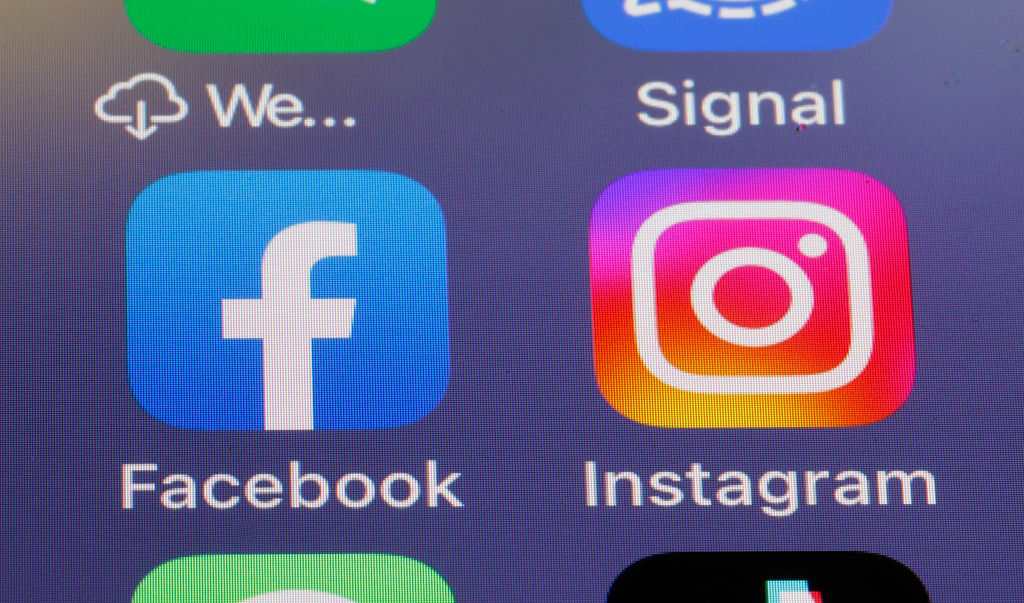Meta has proposed to drop the price of an ad-free subscription in the European Union — currently the only way regional users of its social networks, Facebook and Instagram, can avoid its tracking and profiling.
Meta’s lawyer Tim Lamb revealed the detail at a workshop taking place in Brussels today to discuss its approach to complying with the EU’s Digital Markets Act (DMA), per Reuters — which reports Meta offered to almost halve the cost of the subscription in discussions with privacy regulators, from €9.99 per month per Facebook or Instagram account, to €5.99 (and with a slightly reduced monthly fee per each additional account).
“We have wanted to accelerate that process for some time because we need to get to a steady state … so we have offered to drop the price from 9.99 to 5.99 for a single account and 4 euros for any additional accounts,” Reuters quoted Lamb as saying. The reduced offer was made to regulators earlier this year, it also reported.
Meta spokesman Matthew Pollard confirmed the report is accurate. But it’s not clear whether Meta will actually drop the price or not. “[W]e await feedback from the Irish Data Protection Commission [DPC], our lead data protection regulator in the EU,” he added.
The DPC’s deputy commissioner, Graham Doyle, declined to answer questions about what exactly it’s assessing as regards Meta’s pricing. He also wouldn’t give an update on the authority’s wider assessment of the legality of Meta’s approach to obtaining consent — which it has been reviewing since last summer.
“We can’t comment on this matter at the moment, as the assessment is continuing,” Doyle said.
Using Meta’s social networks privately without charge is not currently an option in the EU despite the adtech giant (briefly) allowing regional users who exercised a right to object to its tracking to opt out of use of their data for ads last year — when it was claiming a “legitimate interest” (LI) for ads processing, after its earlier claim (contractual necessity) was found to breach data protection rules in January 2023.
The Court of Justice of the EU went on to dismantle Meta’s ability to claim an LI for the processing in a ruling last summer — after which Meta said it would shift to consent. However, the consent mechanism it devised is controversial because it offers users a Hobson’s choice of paying it money to access the mainstream social networks or continuing to get free access but with tracking.
Critics say Meta’s approach relies upon economic coercion to manipulate users to accept tracking, arguing it does not comply with the bloc’s General Data Protection Regulation (GDPR) — which requires consent to be freely given. So Meta’s level of pricing is explicitly contested. (In one of its complaints, privacy rights group noyb contends the pricing is “way out of proportion,” for example). There are other privacy complaints, too. Additionally, consumer protection complaints about Meta’s approach have also been raised.
The regulatory picture is further complicated by the EU’s DMA and its sister regulation, the Digital Services Act (DSA) — both of which apply to Meta.
Under the former, Meta is designated as a gatekeeper of “core platform services,” including Facebook and Instagram. The ex ante market power regulation puts limits on how gatekeepers can use people’s data for ads — requiring they obtain explicit consent. There also needs to be parity between how easy it is for people to consent to use of their data for ads or not consent. And the DSA, which designates Facebook and Instagram as very large online platforms (VLOPs), also applies these limits on the use of people’s data for ads. Additionally, both laws emphasize the need for compliance with the GDPR.
Gatekeepers’ compliance with the DMA and VLOPs’ compliance with the DSA is overseen by the European Commission, which recently sent Meta a request for information about its controversial “consent or pay” offer under the DSA.
“We are currently assessing Meta’s compliance with the DMA, including their consent or pay model,” a Commission spokesperson confirmed.
Meta’s compliance with the GDPR, meanwhile, is led by the Irish DPC, under the regulation’s one-stop shop. This structure does not mean the Irish authority gets final say on Meta’s compliance with EU privacy rules, though. Its draft decisions on Big Tech enforcements typically loop in other concerned authorities, via a decision review process for cross-border processing. In the case of Meta, this has frequently led to objections from other data protection authorities, which have landed stiffer enforcements than the DPC originally proposed. So who gets the final say on the GDPR compliance of Meta’s consent mechanism is complex too.
The founder of noyb, Max Schrems, has responded to the news of Meta proposing reduced pricing with a statement: “We know from all research that even a fee of just €1.99 or less leads to a shift in consent from 3-10% that genuinely want advertisement to 99.9% that still click yes,” he said. “The GDPR requires that consent must be ‘freely’ given. In reality it is not about the amount of money — it is about the ‘pay or okay’ approach as a whole. The entire purpose of ‘pay or okay’ is to get users to click on okay, even if this is not their free and genuine choice. We do not think the mere change of the amount makes this approach legal.”
This report was updated to include the Commission’s response to our request for comment. We also added noyb’s response to the news of Meta proposing a low subscription fee.































Comment